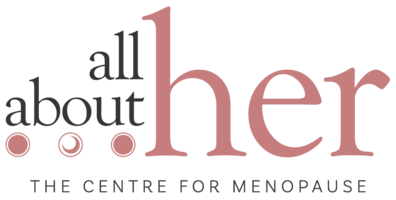Perimenopause and Parenting
The stage is set for an increasing number of individuals* who are undergoing the natural transition of perimenopause while simultaneously parenting young children or teenagers.
With the mean age at childbirth now at 30 years old, more are experiencing this overlap,leading to households where the hormonal changes that go hand in hand with the perinatal period and / or those that arise when parenting pubescent tweens/teens co-exist whilst we are undergoing the perimenopause transition (1).
Read on to find out more or download the free guide to read later.
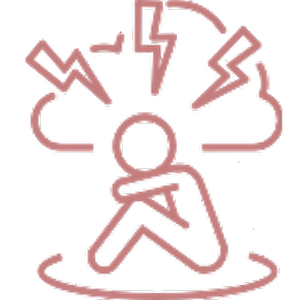
When Perimenopause and Midlife Stress Collide
Research on perceived stress during the menopausal transition cites parenting, caring for sick or elderly relatives and children, and combining work and parenting in a long list of potential midlife stressors (2).
With so many major life transitions potentially at play, we need to remain mindful and approach these life changes with a holistic lens, including a combination of self-care, communication with family members and learning to manage and reduce stress.
Professional support from a menopause-informed mental health professional may also be required.


Shame as a Barrier to Support
In a recent article (3), GP Dr Lucy Steed describes her own experience of having a mother with previous mental health issues, experiencing her first significant mental health episode during perimenopause.
She writes about the impacts on children when an individual does not have the support in place to understand and navigate the potential difficulties of the perimenopausal transition. She also details the need to specifically address parenting with those experiencing difficult symptoms, as this is not an issue that most will voluntarily raise.
The societal and familial expectations around being a “good caregiver” may well create an illusion that no matter how difficult this gets, we can’t be honest and say “I’m just not coping”. For many, there is a real sense of guilt and shame around the issue.

Education and Communication
The perimenopause to menopause transition is still a mystery with vague notions of “the change” being the limit of some individuals & understanding.
The problem is if we don’t understand the significant shifts unfolding, it’s difficult to communicate our needs, including the need for both family support and a review of roles.
Establishing open lines of communication with family members to discuss the changes youre experiencing and using age-appropriate language to explain these changes to children, can help to reduce anxiety and guilt on both sides.
Embracing menopause as a stage of life, we can shift the narrative to be more positive, and normalise it by talking about it honestly, paving the way for generations ahead to have an empowering experience.

Support for Single Parents
Single parents may face an evensteeper hill without a partner to share the load, meaning that a support network, whether that’s friends, family, or community resources is really important to provide a helping hand and alistening ear as you navigate these challenges.
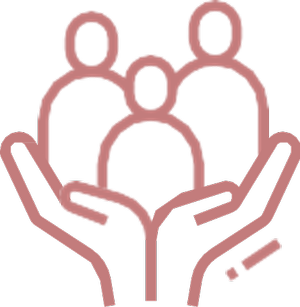
Support for the "Sandwich Generation"
For those caring for both children and aging parents, the collision of responsibilities under the duress of perimenopausal symptoms can be overwhelming.
It's vital to understand that feelings of exhaustion, less stress tolerance and emotional turbulence are not uncommon, and to seek support as soon as you sense you are not able to manage.
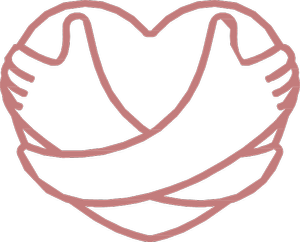
Self-Care & Advocacy
Prioritising rest, nutrition, daily movement time out from responsibilities and activities that replenish your energy can be beneficial both for managing perimenopausal symptoms and mental health and for accessing greater family wellbeing.
During this time we are invited to reevaluate our lives and notice anything that is no longer sustainable. This often requires clear communication and the need to downgrade our own self-expectations, opting out of responsibilities we no longer have the time or energy for.
A review of the roles and family dynamic as a whole could encourage everyone to contribute to household responsibilities, thus alleviating stress on any one familymember and fostering an environment of mutual support.
When to seek support
If your symptoms significantly impact your relationships with other people including your children or your ability to otherwise enjoy life, you may need professional support.
A menopause-informed mental health professional who can offer support to help to process relationship difficulties, identity and roles, and parenting stressors, using a range of frameworks chosen to support individual needs (4).
Remember, acknowledging your needs and seeking appropriate treatments can improve life not just for you, but for your whole family, creating a more harmonious household and a healthier future together.

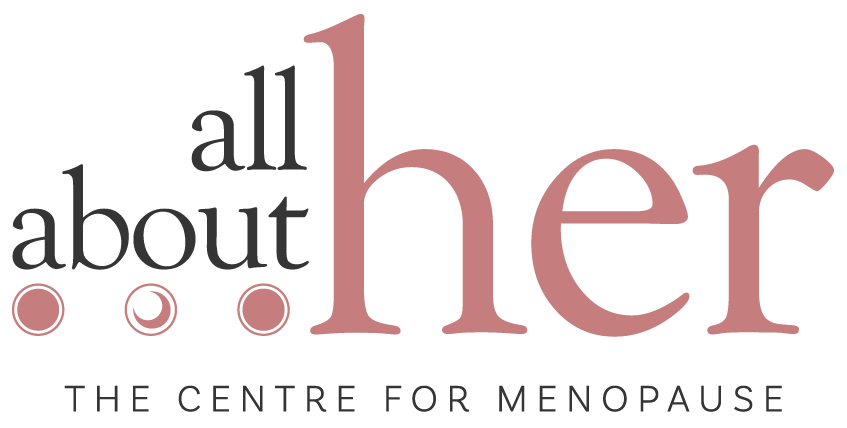

All About Her Centre for Menopause is a collective of health professionals for Australian women whose lives are impacted by menopause, and education and training for the psychologists and health professionals who support them.
We exist to ensure that perimenopausal, menopausal and postmenopausal women feel understood, seen and supported at every step along the way.
References.
References: (1) Belcher, Nancy. “Menopause and Parenting: How to Talk to Teenagers about Menopause”. Winona, 24 Feb.
2022, https://bywinona.com/journal/menopause-and-parenting-how-to-talk-about-menopause-with-teenagers; (2) Woods,
N. F., Mitchell, E. S., Percival, D. B., & Smith-DiJulio, K. (2009). Is the menopausal transition stressful? Observations of perceived stress from the Seattle Midlife Women's Health Study. Menopause, 16(1), 90-97.; (3) DeAngelis, T. (2023,
September 1). Menopause can be rough. Psychology is here to help. Monitor on Psychology, 54(6).
https://www.apa.org/monitor/2023/09/easing-transition-into-menopause;(4)Balance-Menopause.(n.d.).Whychildrenaretheforgottenvictimsofmenopause.RetrievedMarch27,2023,from https://www.balance-menopause.com/menopause-
library/why-children-are-the-forgotten-victims-of-menopause/
*All About Her - The Centre for Menopause acknowledges that all people born with ovaries and who live long enough will experience the menopause transition. This includes cisgender women, transgender men, non-binary individuals, and any other individual with ovaries. We use the terms
individuals/people to be inclusive of the many who do not identify as women, but who will nonetheless experience this significant life stage.
Disclaimer: The information presented is for general understanding only and should not substitute professional medical advice. If you are concerned about your health, talk to your doctor or healthcare team for personalised guidance.
© All About Her Centre 2024
